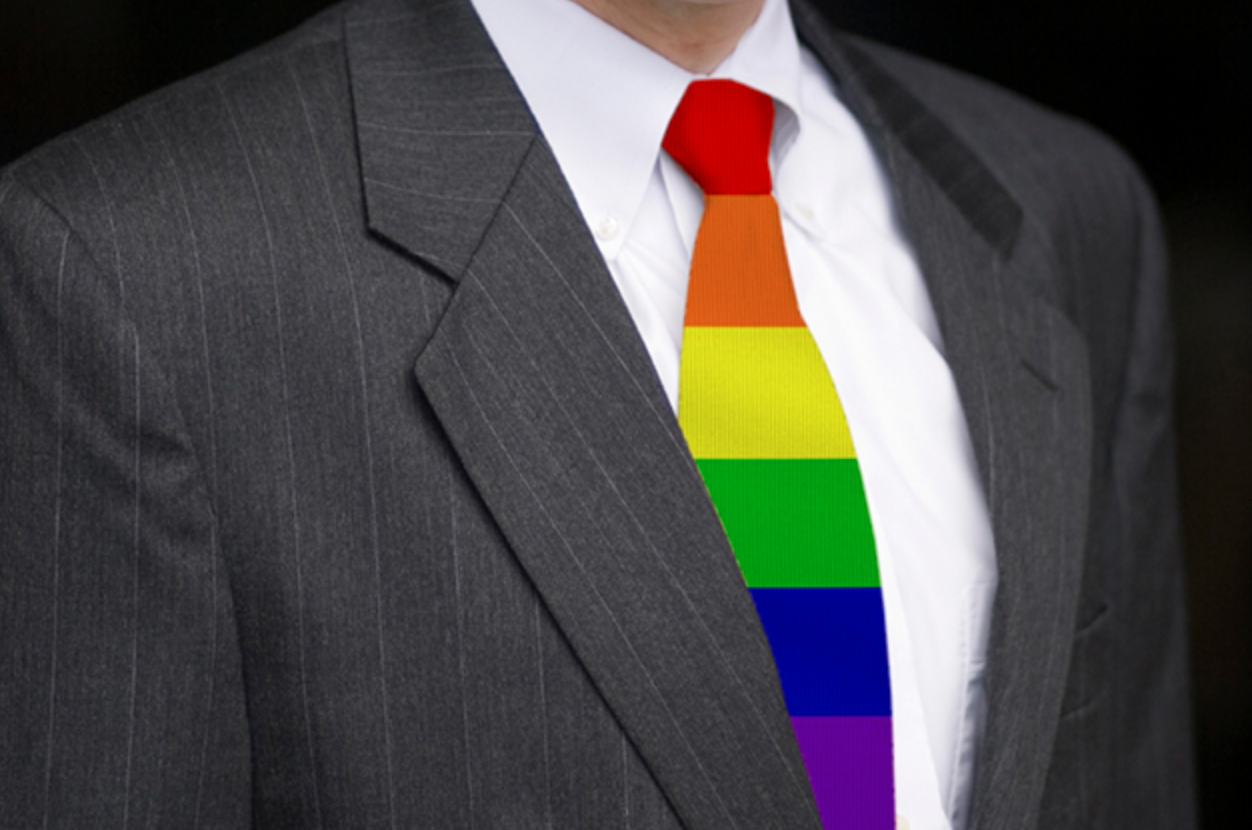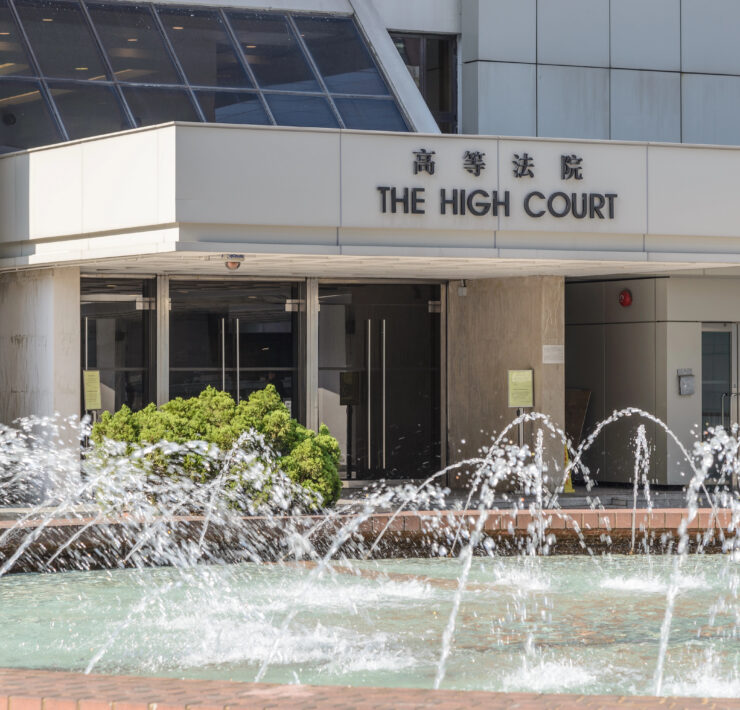LGBTQ+ Employees, Discrimination, and The Workplace

Samuel Clark is a 2019 alumnus of the University of…
Earlier this month, The Williams Institute released a new study revealing some all too familiar results for those in the LGBTQ community: 45.5 percent of LGBTQ employees “reported experiencing unfair treatment at work, including being fired, not hired, or harassed because of their sexual orientation or gender identity at some point in their lives.”
The report is based off a survey conducted in May 2021, in which 935 LGBTQ adults participated.
While it might be tempting for some to read these statistics as a thing of the past, especially after the Bostock V. Clayton County ruling in June 2020, the hard truth is that the discrimination against LGBTQ employees in the workplace is still widespread, with 31.1 percent of LGBTQ workers reporting “that they experienced discrimination or harassment within the past five years.”
Not surprisingly, this discrimination against LGBTQ workers had higher percentages for queer BIPOC, with 11.3 percent of employees of color reporting discrimination, in comparison to 6.5 percent reported by white employees.
“I was told to take out the trash because it was my duty. Then a group of men tried to abuse me … when I gave up fighting for myself, they hit my head against a trash can and called me names,” a black transgender woman from North Carolina says.
The Williams Institute also reported that the discrimination against transgender employees was higher than their cis co-workers. “Transgender employees were also significantly more likely to experience discrimination based on their LGBT status than cisgender LGB employees: Nearly half (48.8 percent) of transgender employees reported experiencing discrimination (being fired or not hired) based on their LGBT status compared to 27.8 percent of cisgender LGB employees. More specifically, over twice as many transgender employees reported not being hired (43.9 percent) because of their LGBT status compared to LGB employees (21.5 percent).”
“Once I asked to change my name tag at (a regional grocery store chain) as I finally came out as transgender … (T)hey refused to call me by my chosen name and continued to misgender me constantly,” a white transgender person from Ohio says.
The report also noted that transgender employees were far more likely to mask their usual routines at work than that of their cisgender peers: “Transgender employees were significantly more likely to engage in covering behaviors than cisgender LGB employees. For example, 36.4 percent of transgender employees said that they changed their physical appearance and 27.5 percent said they changed their bathroom use at work compared to 23.3 percent and 14.9 percent of cisgender LGB employees.”
“The chairman of the last place I worked would always make lewd remarks about (the) sex I may have been having with my wife, and sex he wanted to have with two women,” a white nonbinary person from Colorado says. “He would also come up behind me and massage my shoulders or rub my head whenever I shaved it ‘because it felt nice.'”
As Molly Sprayregen of them wrote earlier this month, religion seemed to play a huge factor in employers’ reasoning behind their abusive and discriminatory behavior.
“When I worked at (a national discount department store),” a Native person from Michigan says, “I had a manager tell me all gay people are going to Hell.” The individual on the receiving end of this verbal abuse is both bisexual and transgender.
The discrimination doesn’t stop there. The Human Rights Campaign, more commonly referred to as HRC, released a study on the economic impact of COVID-19 on the LGBTQ community, reporting that, “30 percent of LGBTQ respondents have had their work hours reduced, compared to 22 percent of the general population.”
While it’s worth celebrating wins for the community like Bostock V. Clayton County, it’s equally important to not let these victories make us complacent. Discrimination against the LGBTQ community in the workplace still runs rampant, and these findings from both HRC and The Williams Institute further emphasize how desperately we need the Senate to pass the Equality Act.
What's Your Reaction?
Samuel Clark is a 2019 alumnus of the University of North Carolina Wilmington, where he graduated with his MFA in fiction. He is the editorial intern for OFM, and is currently at work on his first novel.










